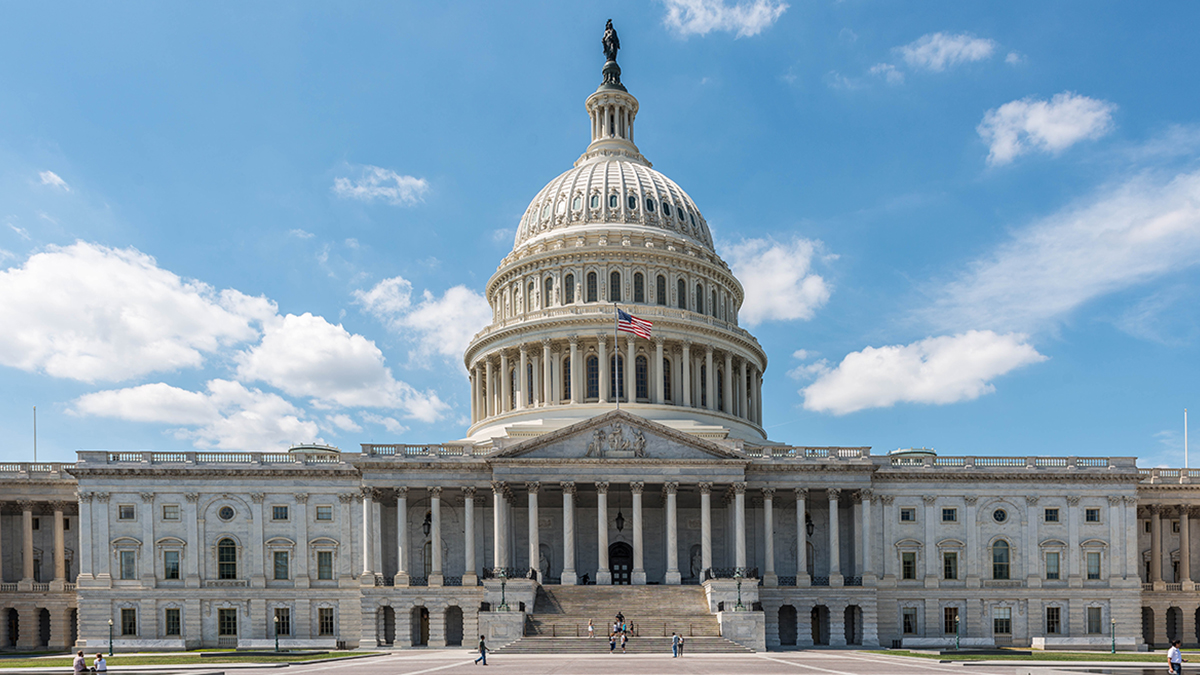House:
Following a long month of oversight hearings, debt-ceiling negotiations, and votes on spending authorization bills, the House is in now in recess until September 9. In a refreshing moment of bipartisanship, the White House and Congressional leaders were able to agree on a two-year budget deal that increased overall spending and lifted the government’s debt-ceiling limit, which dictates how much debt can be incurred by the U.S. Treasury. Following passage out of committee in late June, the U.S. House of Representative’s Natural Resources Committee sent two bills to the House floor that would permanently ban drilling and exploration activities throughout various coastal areas in the Atlantic and Pacific Oceans (H.R. 1941 – Rep. Cunningham), as well curtail drilling and exploration in the Coastal Plain of the Arctic National Wildlife Refuge (ANWR) in Alaska (H.R. 1146 – Rep. Huffman). These bills have been placed on the Union Calendar and will be voted on after the House returns from August recess. Natural Resources Committee Chairman Raul Grijalva continues to express disapproval for DOI and EPA deregulatory decisions, and is expected to continue to push for more oversight of DOI and EPA decisions via subpoena going into the fall.
Senate:
The Senate spent the majority of the last month confirming another 15 Trump Administration nominees. It also passed the defense spending authorization bill, legislation extending the 9/11 Victims Compensation fund, and held several votes expressing disapproval for the Trump Administration’s handling of foreign policy in places like Saudi Arabia and Yemen. The Energy and Natural Resources Committee held 7 hearings in July, covering a range of key issues from U.S. LNG exports to energy innovation and grid security. Going forward, the next legislative item on the Senate’s agenda is passing the bipartisan debt-ceiling and budget increase legislation that was recently passed in House. The Senate Environment and Public Works Committee has released a surface transportation bill that contains significant funding to address climate change. The legislation is aimed at reauthorizing the Fixing America’s Surface Transportation (FAST) Act, which is set to expire in October 2020, and would provide $287 billion in highway spending over the next five years. In regard to climate change, the bill contains provisions aimed at reducing carbon emissions from transportation and improving the resiliency of roads and bridges. Finally, the Senate Finance Committee will soon hold a hearing on the USMCA trade deal, where members will share their angles on the landmark legislation that experts believe will make its way through Congress sometime in September.
White House:
President Trump and his Administration spent much of July focusing on immigration policy on the southern border, tensions with Iran, and negotiating the resumption of trade talks with China. On the trade front, White House officials were quoted in late July as saying they envision legislation to ratify the USMCA trade deal will move through Congress in September, with the goal of getting it passed this year. House Speaker Nancy Pelosi has been in close talks with USTR Robert Lighthizer and President Trump’s top economic advisor, Larry Kudlow, in an effort to pass legislation to ratify the deal. From an agency standpoint, DOI will continue to look to implement its five-year drilling plan as well as its efforts to move the BLM headquarters to Colorado from Washington, DC. On August 21st, BOEM is set to hold the fifth offshore lease sale under the 2017-2022 Outer Continental Shelf (OCS) Oil and Gas Leasing Program, covering a total of 77.8 million acres. EPA and DOI will also continue to battle with environmental groups and Members of Congress looking to exercise increased oversight of the Administration’s environmental rollbacks. In late July, two internal ethics probes were launched to look into allegations that the two agencies have been working to limit public access to policy documents, and that a member of EPA leadership may have acted in the interest of private sector associates.





